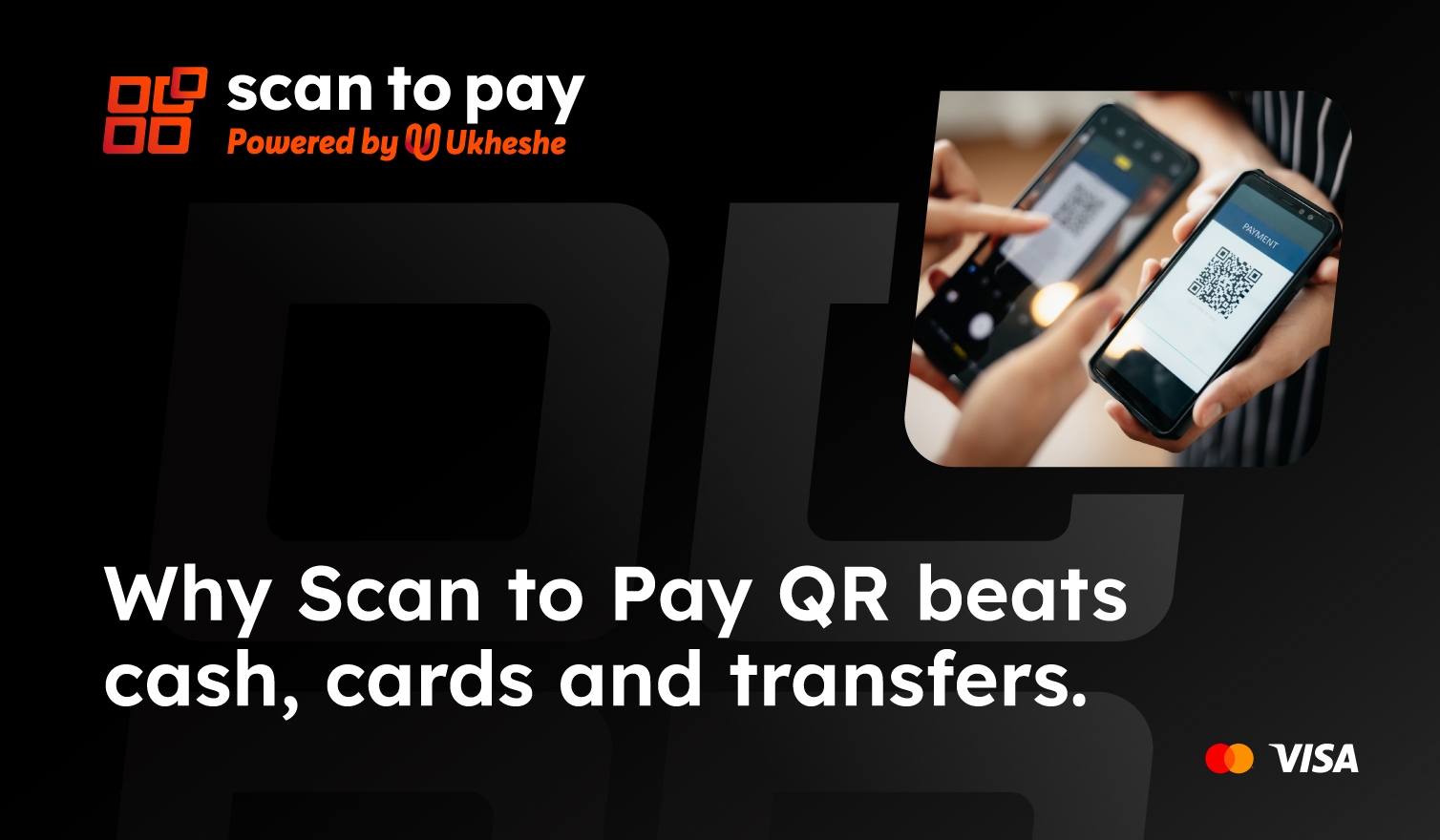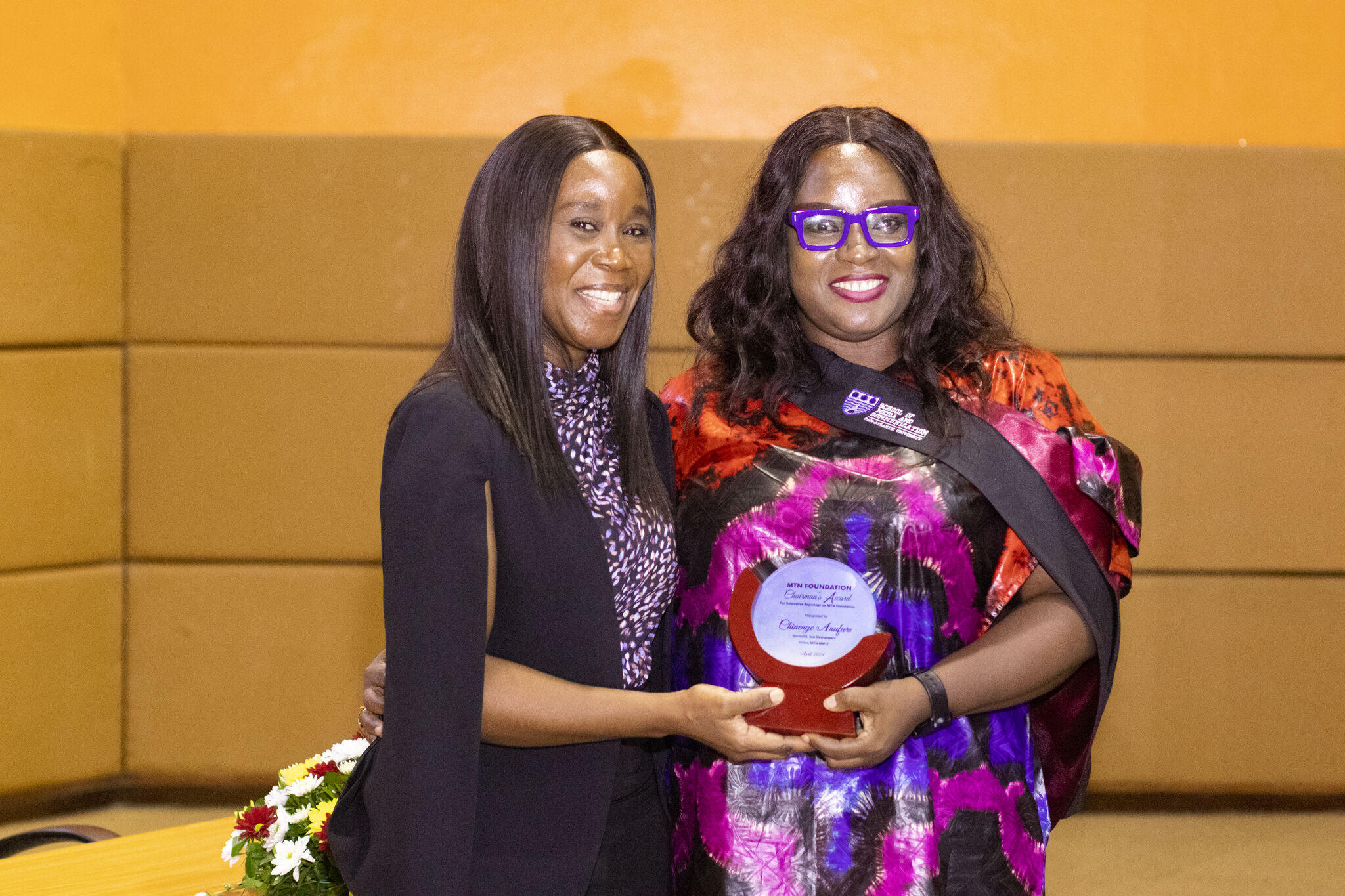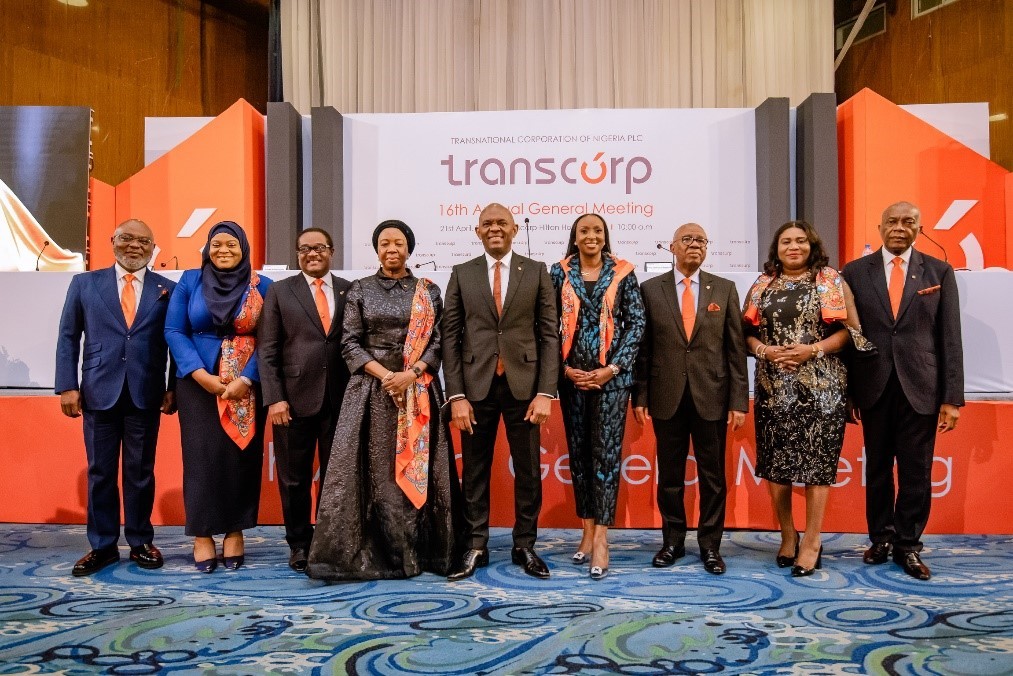Quick response (QR) codes have become part of everyday life in recent years. From leaflets and billboards to menus and product packaging, they’re everywhere and easy to use. Compared to other forms of payment, particularly cash, QR codes significantly reduce the risk of theft or loss, as they eliminate the need to carry physical money. This not only improves security for consumers but also reduces cash handling risks for businesses.
It makes sense, then, that over 1.5 billion people already use QR codes as a payment method and that QR payments are projected to grow at a CAGR of over 16% in the next few years. This contrasts with traditional payment methods like debit and credit cards, or bank transfers and EFTs, which, aside from not being inclusive of cashless environments, can incur additional banking fees and, in the case of EFTs, delay in payment processing of a few days.
Paul Selibas, Division President at Ukheshe says it’s the simplicity and versatility of QR payments that make this method of transacting so attractive to consumers and businesses alike. “A QR code is a 2D barcode that can be scanned using a smartphone or another mobile device with a camera. If there’s one thing almost no one leaves home without these days, it’s their mobile phone. With QR codes as a payment option, you don’t need a purse or your wallet or even a bank card to go to the store. All you need is your cell phone.” This immediate form of payment stands in stark contrast to the cumbersome nature of cash handling and the potential security vulnerabilities associated with card payments, including card skimming.
That’s just the first of many benefits of this payment ecosystem though, Selibas says. “For merchants, one of the biggest benefits is that there’s no need to buy expensive physical point of sale (POS) hardware. Merchants are able to save on device costs and still provide access to face-to-face and online cashless payments. Merchants also avoid the challenges of handling cash, which may entail securing large sums, potentially facing counterfeit notes, or dealing with the manual input of bank transfers that require additional verification steps.”
Scan to Pay, powered by Ukheshe, is now the largest QR ecosystem in South Africa – serving more than six acquirers, 94 payment service providers, 14 banks and fintechs, three mobile network operators and more than 600,000 merchants. Scan to Pay services 3 million direct app downloads and is included in 16 million banking apps. This adoption highlights the shift from more traditional payment methods in favour.
And, as QR codes grow in popularity, their versatility has allowed for an entire transaction ecosystem to develop in tandem. With Scan to Pay vouchers, for example, the entire rewards or gifting process is streamlined – businesses simply submit the cell phone numbers of recipients, who will then receive a prompt to download the app, where their voucher will be stored for use. These vouchers can be used for a multitude of transactions, from till point purchases at retailers or online shopping payments, to buying airtime or paying bills. This process negates the need for cash gifts, which can be easily lost or stolen, and removes the restriction of bank-related gift cards.
It’s clear that QR brings together many of the benefits of cash, card, mobile wallets, and online payments. It’s contactless, secure, convenient, and with diverse use cases, says Selibas. “Their ease of setup and use has made them especially attractive in regions with growing smartphone penetration and where traditional banking infrastructure might be less pervasive. Our Scan to Pay data shows a growing demand for mobile payments as more consumers use their mobile devices – from entry-level devices to high-end smartphones – for payments with an average of 12 million transactions per month.” The convenience and security of Scan to Pay Powered by Ukheshe QR code payments are helping to phase out the older methods, encumbered by higher costs, physical limitations, and security risks.
With a low barrier to entry, QR is one of the best methods of transacting in developing countries. Says Selibas: “It can deliver mobile financial services at a much larger scale, particularly for low-income customers, making it a powerful tool for financial inclusion – something we’re especially passionate about at Ukheshe.” Unlike cash, which requires physical access and carries the risk of being lost or stolen, or bank cards, which often require a formal banking relationship, and higher fees, QR codes present a safer, more inclusive alternative.



















